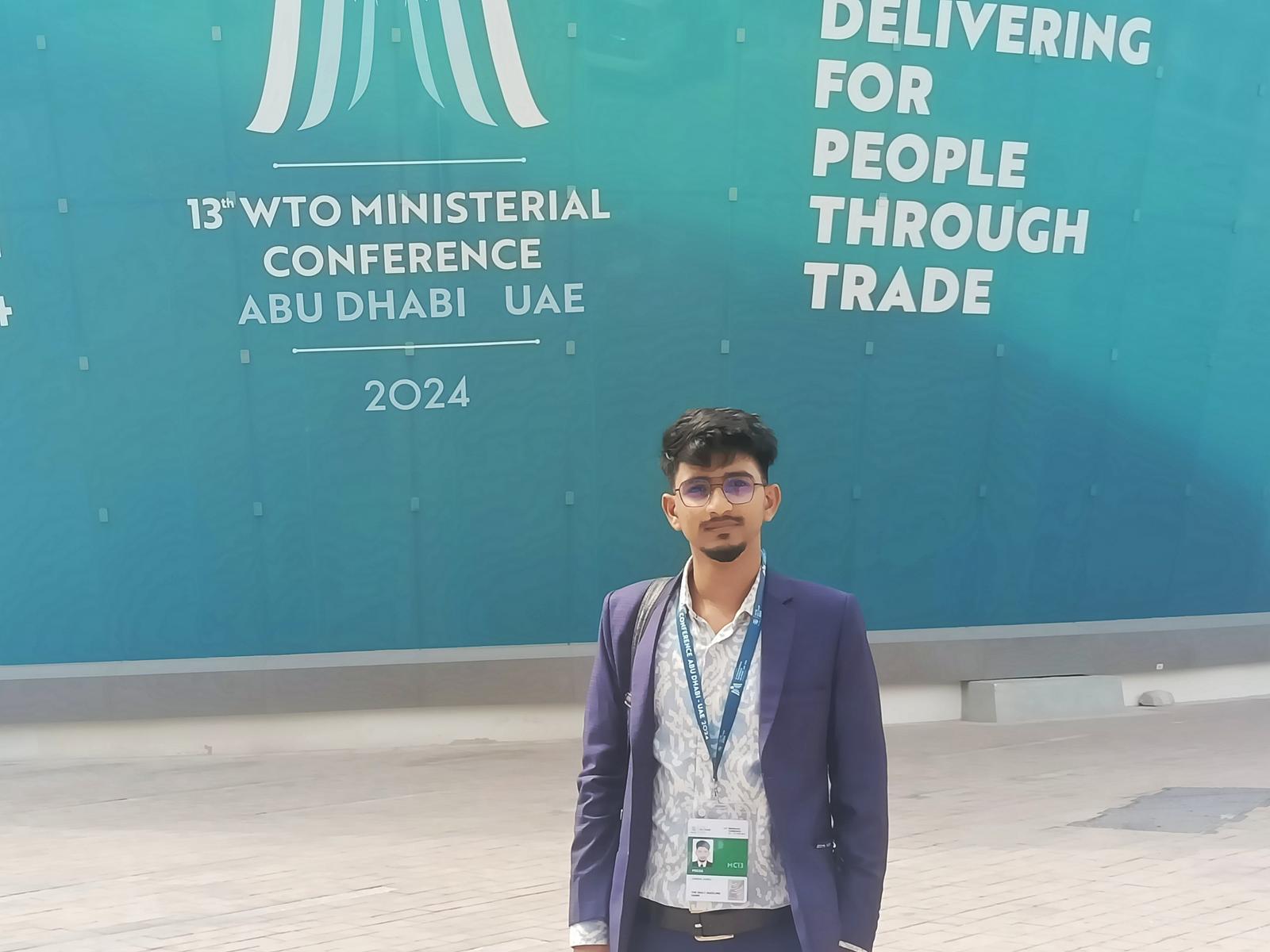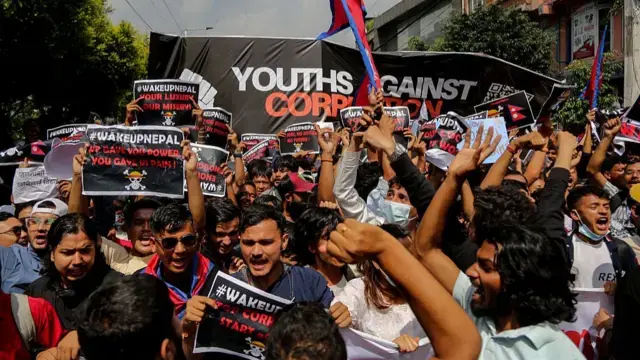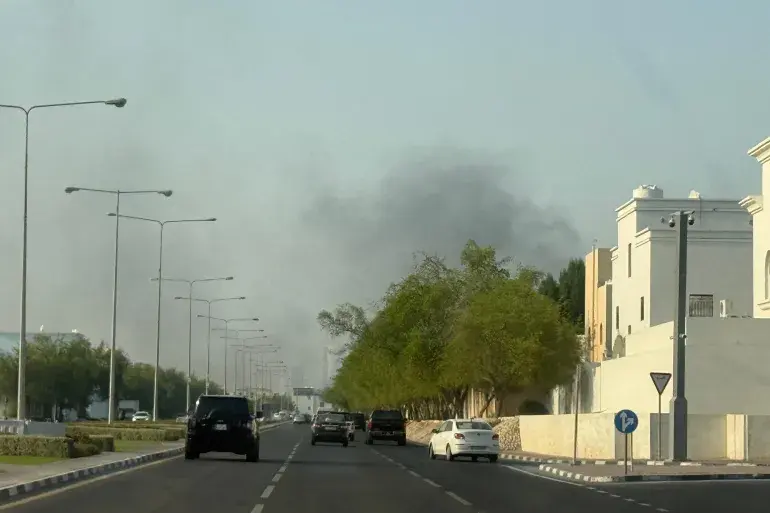A political storm has engulfed Nepal, leading to the dramatic resignation of Prime Minister K.P. Sharma Oli. The crisis, which began with a government ban on social media platforms, has quickly become a widespread youth-led uprising against systemic corruption, government impunity, and a staggering lack of economic opportunity. This is not merely a political tremor; it is a profound societal shift, and its tremors are echoing across South Asia, holding critical lessons for nations like Bangladesh.
The current chaos in Nepal is a direct result of public disillusionment that has been simmering for years. Despite having a democratic framework, the nation's political elite has been widely accused of being out of touch, prioritizing personal gain over public welfare. The recent crackdown on social media was a final straw for a generation of young people—dubbed "Gen Z"—who saw it as an attempt to silence their demands for accountability. Now, with Oli's resignation, the country faces a power vacuum. The traditional political parties, like the Nepali Congress, are jockeying for position to form a new coalition government. However, their ability to restore order and regain public trust is far from certain, as the protesters have expressed disdain for the entire political establishment.
The situation presents a stark warning about the fragility of democratic institutions when they fail to serve the people. A government's legitimacy is no longer determined by elections alone; it is earned through good governance, transparency, and responsiveness to the public's needs. The Nepalese crisis underscores that ignoring the demands of a politically aware and digitally connected youth demographic is a recipe for disaster.
Similarities and Lessons for Bangladesh
The parallels between Nepal's crisis and the socio-political climate in Bangladesh are striking and instructive. Both nations share a similar demographic profile, with a large, young population that is increasingly educated, technologically savvy, and deeply frustrated.
1. Youth Discontent and Political Apathy: Like Nepal, Bangladesh has a significant youth population that is feeling the pinch of high unemployment and a lack of opportunities. While Bangladesh has seen notable economic growth, the benefits have not been evenly distributed, leading to widespread grievances about corruption and nepotism. The recent student-led protests in Bangladesh were a clear manifestation of this simmering frustration, demonstrating that the youth are willing to take to the streets when they feel their voices are unheard.
2. Erosion of Public Trust: In both countries, there is a growing sense that the political class operates with impunity, detached from the realities of everyday citizens. This erosion of trust is a fundamental threat to political stability. Nepal's protests were not about a specific policy as much as they were a rejection of the entire political system. Bangladesh, too, faces a similar risk if public faith in its institutions continues to wane.
3. The Power of Digital Platforms: The Nepal crisis was ignited by a social media ban, highlighting the critical role these platforms play as tools for mobilization and expression. They serve as a space for unfiltered dialogue and for citizens to hold their leaders accountable. Any attempt to restrict these digital freedoms can have severe, unintended consequences, as it can be perceived as an effort to suppress dissent and conceal corruption.
The most critical lesson for Bangladesh is that a government's authority rests on its ability to address the genuine concerns of its people. Simply maintaining control is not enough. The Nepal crisis is a powerful reminder that neglecting issues like youth unemployment and corruption can create a perfect storm of public anger. For Bangladesh to ensure long-term stability and continued progress, its leaders must prioritize institutional reform, foster economic inclusivity, and create a genuine dialogue with the country's youth. The alternative, as seen in Nepal, is political turmoil that could undo years of development.


_4.jpg)
_2.jpg)




.svg)



_3.jpg)